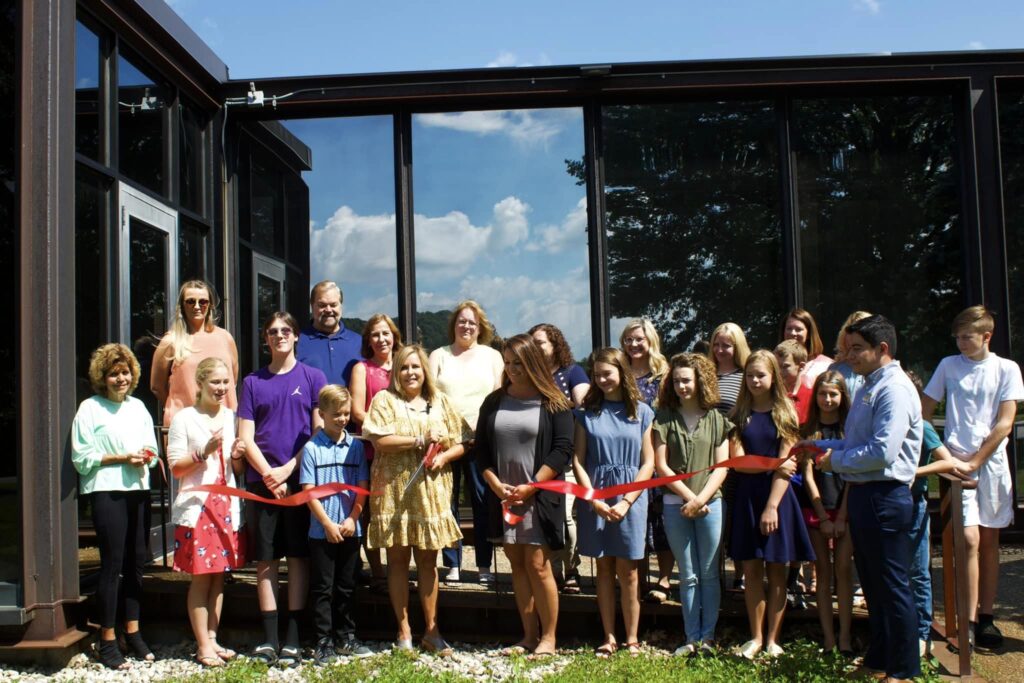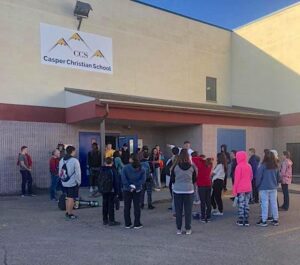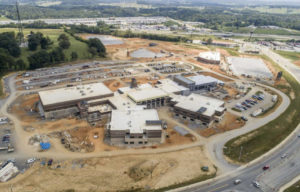West Virginia microschool serves dozens of students with Christ-centered learning in first year
When Melissa Mohr realized the school she worked at did not align with her educational philosophy, she and a few other like-minded educators discussed opening a Christian…

When Melissa Mohr realized the school she worked at did not align with her educational philosophy, she and a few other like-minded educators discussed opening a Christian microschool.
Microschools and learning pods became popular during the COVID-19 pandemic as alternative forms of education with small class sizes, enabling more personalized learning experiences tailored to the needs of the students.
These innovative education forms also tend to cost families less than traditional private schools, making it an affordable option for families looking for public school alternatives.
Just a few months after those initial discussions, City on a Hill Christian Academy opened in September of last year.
“I believed that God, if he wanted it to happen, was going to allow all the doors to open,” Mohr told The Lion in an interview. “And if he wanted us to bow back and hold off, then he was going to allow that to happen.”
Every door opened, Mohr says, and so did the school.
One of those doors was the school’s need for a facility on short notice and with little money.
A grant from the Vela Education Fund helped with funding, and a church building lease opportunity came up which provided the school with a home for its first year.
Another door to open was a new state law (SB 268) signed by Republican Gov. Jim Justice in April 2022, allowing students who attend a microschool to be exempt from compulsory attendance at a public school.
The law paved the way to “marry the best parts of traditional private school and homeschooling,” Mohr said. Students attend school Monday to Thursday, and then do school at home on Fridays.
The Christian academy, which offers places for grades K-12, derives its name from Matthew 5:14, which says, “You are a light to the world. A city on a Hill cannot be hid.” Mohr says the name represents the school’s outward focus, to reflect Jesus by showing his light in a “world of darkness.”
Dark as it may be, living in that world makes it important that students know why they believe what they believe as Christians, or else “they’re going to get out in the world and be rattled terribly,” the educator says.
After a devotion and prayer time each day, students go to their classrooms for Bible class, which is replaced by a chapel service on Wednesdays.
Other subjects are taught with a method called “biblical integration, where every subject includes God,” Mohr said. “God is brought into everything.”
In math, for example, students might discuss how “God is a God of order, and God is an infinite God.” During science, students explore the concept of “God as the original creator.”
With around 50 students in its first year, Mohr has noticed the close relationships that have been built at the school, saying it’s not uncommon to see students drop everything in the middle of class or in the hallway just to pray for someone else.
Families benefit from the tight-knit school community, as well as the affordability of education. Tuition is set at $5,000 per year, plus a $250 operational fee. Families can pay monthly, and around half of the students also benefit from West Virginia’s school choice program, called the Hope Scholarship, which covers most of the tuition.
Despite rising costs, Mohr says tuition is remaining the same for the upcoming year, calling the decision a “step of faith.”



